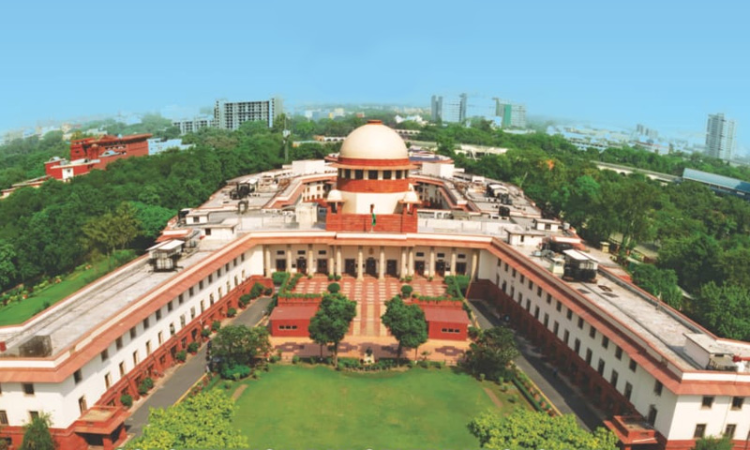The Supreme Court of India has refused to entertain a plea challenging the use of the acronym “INDIA” for the country, terming the Public Interest Litigation (PIL) as a mere publicity stunt. The court’s decision was announced today after a thorough hearing on the matter.
The PIL, filed by a group of activists, had sought the court’s intervention to ban the use of the term “INDIA” as an acronym for the country, arguing that it violated the diverse and pluralistic nature of the nation. The petitioners contended that the term ignored the multiple cultures, languages, and identities that make up the Indian subcontinent.
In response, a bench comprising Chief Justice and two other justices pointed out that the plea appeared to lack substantial merit and appeared to be more of a “publicity stunt” than a genuine concern for national identity. The court further stated that the term “INDIA” had been widely recognized both domestically and internationally for decades and held deep historical significance.
The bench highlighted that the plea did not sufficiently establish any violation of constitutional provisions or rights. Additionally, the court noted that the term “INDIA” was not being used to undermine the country’s diverse heritage, but rather as a convenient and widely accepted identifier.
The court’s decision has sparked mixed reactions from various quarters of society. Supporters of the plea argue that the attempt was meant to emphasize the importance of acknowledging the nation’s cultural and linguistic diversity. On the other hand, critics view the PIL as an unnecessary distraction and an attempt to generate unwarranted controversy.
Legal experts have also weighed in on the matter. Senior advocate Aparna Rao stated, “The Supreme Court’s decision seems to be in line with established principles. The PIL lacked a strong legal foundation and did not convincingly establish any violation of fundamental rights.”
With this decision, the Supreme Court has reasserted the importance of focusing on substantial matters of public interest and constitutional significance, while discouraging what it deems to be frivolous PILs aimed primarily at grabbing attention. The case highlights the delicate balance between freedom of expression and the responsibility of the judiciary to discern genuine concerns from publicity-seeking initiatives.










